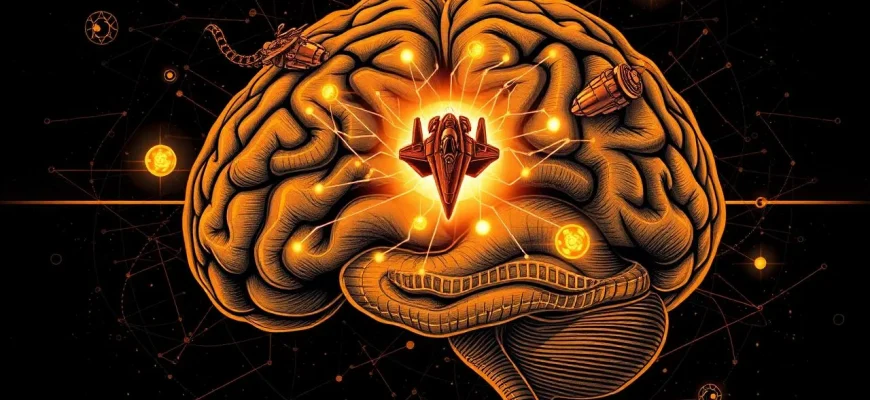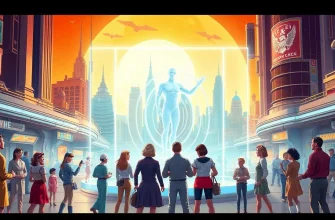Dive into the fascinating realm where science fiction meets the complexities of the human mind. This curated list of 10 films delves into the wonders of neuroscience, exploring themes like mind control, consciousness transfer, and the ethical dilemmas of brain manipulation. Whether you're a fan of mind-bending plots or simply curious about the potential future of neuroscience, these films offer a thrilling journey into the unknown territories of the brain.
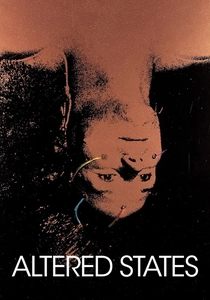
Altered States (1980)
Description: This film delves into altered states of consciousness through sensory deprivation and hallucinogens, exploring the boundaries of human perception and neuroscience.
Fact: The film was based on a novel by Paddy Chayefsky, who also wrote the screenplay, and it was one of the first films to explore the concept of consciousness expansion.
 Watch Now
Watch Now
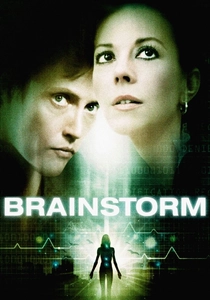
Brainstorm (1983)
Description: Brainstorm involves a machine that can record and play back human experiences, touching on themes of consciousness, memory, and the potential dangers of such technology.
Fact: The film was one of the last projects for Natalie Wood, who tragically died during production, leading to significant delays.
 Watch Now
Watch Now
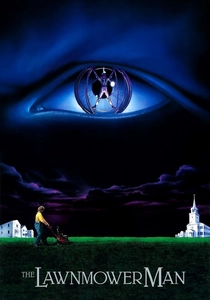
The Lawnmower Man (1992)
Description: The Lawnmower Man deals with virtual reality and intelligence enhancement, touching on themes of brain augmentation and the ethical implications of such advancements.
Fact: The film was loosely based on a Stephen King short story, but King was so unhappy with the adaptation that he sued to have his name removed from the credits.
 Watch Now
Watch Now

The Matrix (1999)
Description: While not explicitly about neuroscience, The Matrix deals with the manipulation of human perception and reality, which ties into the study of the brain's ability to interpret sensory data.
Fact: The Wachowskis spent years developing the concept, and the film's visual effects were groundbreaking at the time, influencing many sci-fi films that followed.
 Watch Now
Watch Now
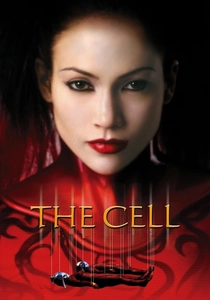
The Cell (2000)
Description: The Cell involves entering the mind of a comatose serial killer, exploring the visual representation of the human psyche and the neuroscience behind it.
Fact: The film's surreal visuals were inspired by the works of artists like H.R. Giger and Salvador Dalí.
 Watch Now
Watch Now

Inception (2010)
Description: Inception explores the concept of entering and manipulating dreams, which touches on the neuroscience of memory, perception, and the subconscious mind.
Fact: Christopher Nolan was inspired by his own dreams, and the film's complex narrative structure required extensive planning and storyboarding.
 Watch Now
Watch Now
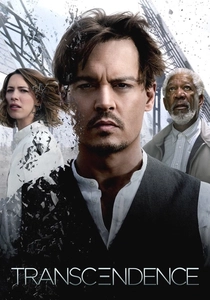
Transcendence (2014)
Description: Transcendence tackles the concept of uploading human consciousness into a computer, exploring the implications of artificial intelligence and the human brain's integration with technology.
Fact: The film's title refers to the state of being beyond the range of normal perception, and Johnny Depp's character, Will Caster, was named after the film's director, Wally Pfister.
 Watch Now
Watch Now

Lucy (2014)
Description: Lucy explores the idea of unlocking the full potential of the human brain, delving into the concept of using more than the commonly cited 10% of our brain capacity. This film is a must-watch for its imaginative take on neuroscience.
Fact: Scarlett Johansson underwent extensive training to portray the character's transformation, and the film's director, Luc Besson, was inspired by his own dreams.
 Watch Now
Watch Now
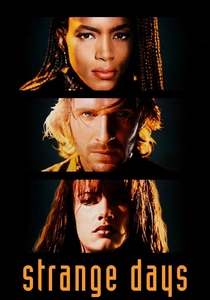
Strange Days (1995)
Description: This film features a device that records and replays human experiences, exploring themes of voyeurism, memory, and the ethical implications of such technology.
Fact: Kathryn Bigelow, the director, was known for her innovative approach to action and sci-fi, and the film's concept was ahead of its time.
 30 Days Free
30 Days Free

Eternal Sunshine of the Spotless Mind (2004)
Description: This film delves into the idea of erasing memories, raising questions about identity, love, and the ethics of memory manipulation.
Fact: The film was shot in sequence to help the actors portray the emotional journey of their characters, and the title comes from a poem by Alexander Pope.
 30 Days Free
30 Days Free

